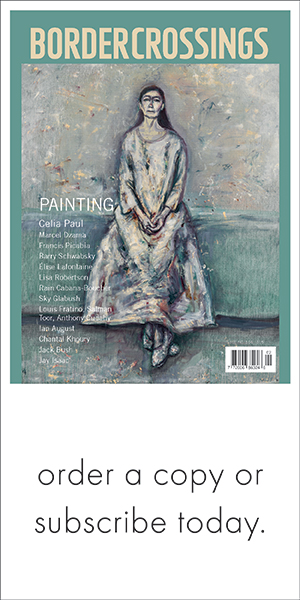In 1970 “a scrappy band of peace activists” in Vancouver formed the Don’t Make a Wave Committee, soon to be known as Greenpeace. For co-founder Bob Hunter, the aim was to “‘mindbomb’ the world to form a new ‘global consciousness.’” The next year the intrepid group chartered a fishing boat and set off to an island west of Alaska to stop American nuclear weapons tests. Today Greenpeace is a trademarked global brand with headquarters in Amsterdam and thousands of employees. In 2011, one of the organization’s big victories “was getting Mattel to change its Barbie Doll packaging, which Greenpeace linked to tropical deforestation.” Conservationists could breathe a little easier, Mattel scored a PR coup and consumers could buy all the Barbies they wanted without worrying about the consequences to the rainforests.
This slide in goals, from mind bombing to mind calming, forms the backdrop to...
Sharon Batt is a writer and adjunct professor in the Department of Bioethics at Dalhousie University. She was active in the breast cancer movement during the 1990s and is currently completing a book on patients’ groups and funding from the pharmaceutical industry.

